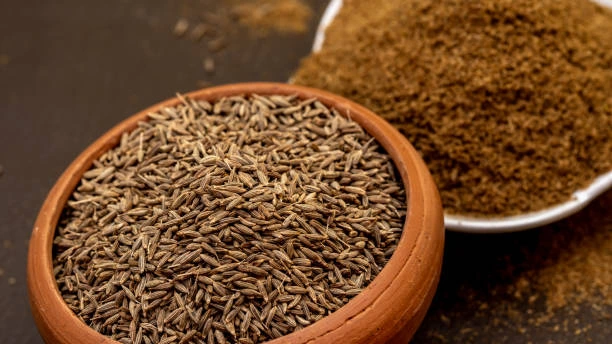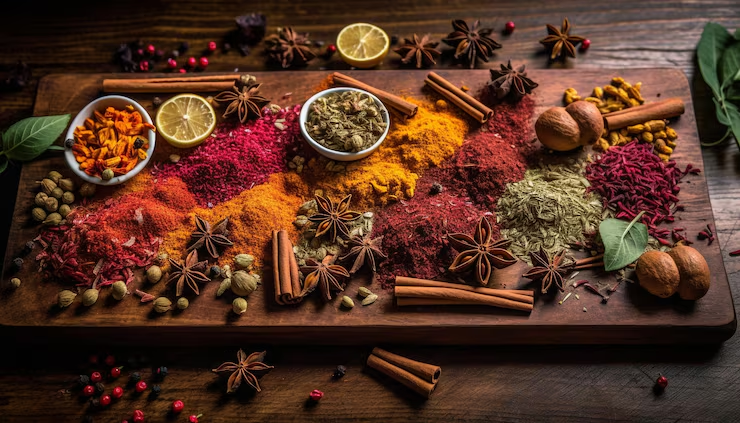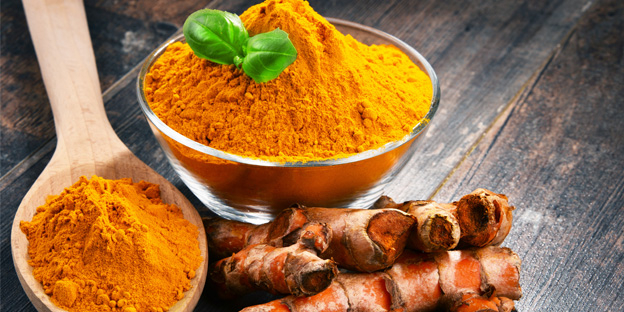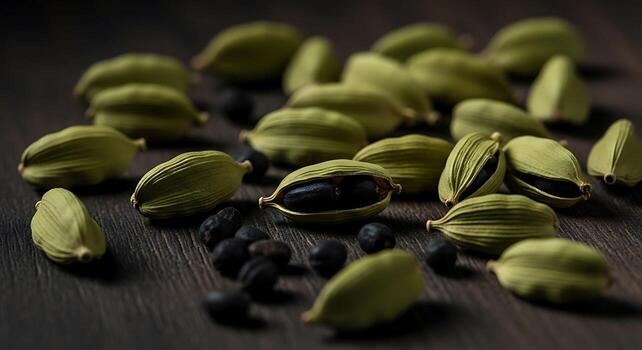Due to its distinctive aroma, earthy flavor, and multiple health benefits, cumin is a must-have in the spice racks of households and commercial kitchens worldwide. As demand continues to rise, Indian cumin seed manufacturers are setting global benchmarks for quality, consistency, and reliability in cumin export.
In this guide, we will explore what makes Indian cumin seeds stand out, how exporters maintain quality, and why India remains the leading source for buyers seeking authentic, high-grade cumin.
India’s Dominance in Cumin Production and Export
India produces over 70% of the world’s cumin. The key cumin-producing states include Rajasthan and Gujarat, where climatic conditions and soil quality are ideal for the crop. These regions supply both the domestic market and international buyers, with large volumes moving through major ports for cumin export.
The country’s dominance is not only a matter of volume but also of quality. Indian cumin seeds are known for their essential oil content, high purity, strong aroma, and long shelf life—qualities that are crucial for importers in markets such as the Middle East, the USA, the UK, Europe, and Southeast Asia.
A professional cumin seed exporter from India works with certified farms, modern processing units, and quality control labs to ensure that every shipment meets global standards and buyer expectations.
Varieties of Indian Cumin Seeds
India offers a few different grades and varieties of cumin, catering to diverse international requirements. The major types include
- Singapore Quality (99% purity): Highly cleaned and graded; ideal for premium markets.
- Europe Quality (99.5% purity): Extra clean with minimal microbial contamination.
- Sortex Cleaned (99.9% purity): Machine cleaned using advanced Sortex technology.
- US FDA Compliant: Meets rigorous standards for food-grade spices.
Each variety has specific uses in culinary, medicinal, and industrial sectors. Indian cumin seed manufacturers often customize shipments according to the moisture content, seed size, oil content, and purity level required by the client.
Characteristics of High-Quality Cumin Seeds
Before making a purchase, international buyers often evaluate cumin seeds based on several key parameters. A trusted cumin seed exporter ensures that their product consistently performs well on the following criteria:
- Color: The seeds should have a uniform brownish-gray color without any blackened, broken, or immature seeds.
- Aroma: A strong, warm, and slightly peppery aroma is a sign of freshness and high oil content.
- Purity: Export-grade cumin is usually cleaned to at least 99% purity using mechanical and manual methods.
- Moisture Content: Ideally under 10% to ensure a longer shelf life and prevent fungal contamination.
- Flavor: A sharp, slightly bitter flavor profile is characteristic of high-quality Indian cumin.
Cumin seed manufacturers in India use advanced processing facilities to sort, grade, and package the seeds while preserving their natural flavor and medicinal properties.
Quality Control Measures in Cumin Export
Quality control is critical in the spice trade, particularly for products like cumin that are widely used in food preparation. Leading cumin seed manufacturers in India follow strict protocols to meet both national and international food safety regulations.
Here’s how quality is ensured throughout the supply chain:
- Sourcing from Certified Farms: Only farms following Good Agricultural Practices (GAP) are considered.
- Cleaning & Grading: Multiple cleaning stages, including gravity separation and Sortex cleaning, remove dust, stones, and impurities.
- Laboratory Testing: Samples are regularly tested for pesticide residue, aflatoxins, microbial load, and moisture content.
- Packaging Standards: Air-tight, moisture-proof packaging is used to protect the seeds during transit and storage.
- Certifications: Reputed exporters hold certifications such as ISO 22000, HACCP, FSSAI, USDA Organic, and EU Organic, depending on the target market.
These measures allow a cumin seed exporter to guarantee quality consistency across shipments and ensure compliance with international import norms.
Packaging and Logistics
Proper packaging is just as important as product quality. Indian cumin seed manufacturers offer flexible packaging options to suit client requirements, such as
- 25 kg and 50kg PP or jute bags for bulk orders
- 1 kg, 5 kg, or 10kg vacuum-sealed bags for retail markets
- Custom branding for private label partners
For smooth cumin export, logistics partners are selected for their efficiency and experience in spice handling. Whether shipping via sea freight or air cargo, exporters ensure that the cumin seeds are protected from moisture, pests, and handling damage.
Real-time tracking and proper documentation, including phytosanitary certificates, certificate of origin, lab test results, and shipping bills, are standard services provided by leading exporters.
Trends in the Global Cumin Market
The global market for cumin is expanding due to rising demand for natural and ethnic ingredients, as well as a growing interest in plant-based medicine. Countries like the USA, the UAE, Saudi Arabia, the UK, and Germany are some of the biggest importers of Indian cumin.
Factors contributing to the demand include
- Increasing awareness of cumin’s health benefits, such as aiding digestion, reducing inflammation, and controlling blood sugar
- Growth of Indian cuisine and Ayurveda in Western markets
- Surge in packaged spice blends and ready-to-eat products
Indian cumin seed manufacturers are tapping into this demand by offering customized blends, organic certification, and private labeling services.
Tips for Choosing a Reliable Cumin Seed Exporter
For businesses looking to partner with a reputable cumin seed exporter, here are a few things to consider:
- Experience: Look for exporters with a strong track record in the spice export business.
- Certifications: Ensure they meet your country’s food safety and quality standards.
- Client Testimonials: Check for reviews or feedback from other international buyers.
- Transparency: A good exporter will provide product samples, test reports, and clear communication.
- Infrastructure: Visit their processing unit (virtually or in person) to see their cleaning and packaging setup.
Partnering with the right exporter can help maintain consistent product quality, timely deliveries, and hassle-free documentation, which is crucial in the competitive world of cumin export.
Conclusion
India’s status as the global leader in cumin production and export is the result of superior agro-climatic conditions, meticulous quality control, and the commitment of its cumin seed manufacturers to uphold international standards.
From the sun-drenched farms of Rajasthan to state-of-the-art processing facilities, every step in the supply chain is designed to ensure that buyers receive the best quality cumin. Whether you are an importer, spice brand, or wholesale distributor, sourcing from a reputed cumin seed exporter in India guarantees authenticity, flavor, and peace of mind.
With growing awareness of cumin’s health benefits and culinary uses, the global spice trade is set to expand further. And at the heart of that trade will always be the rich, aromatic cumin seeds from India.




